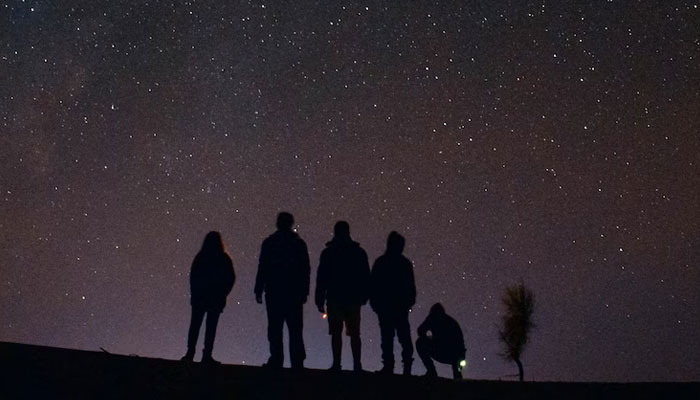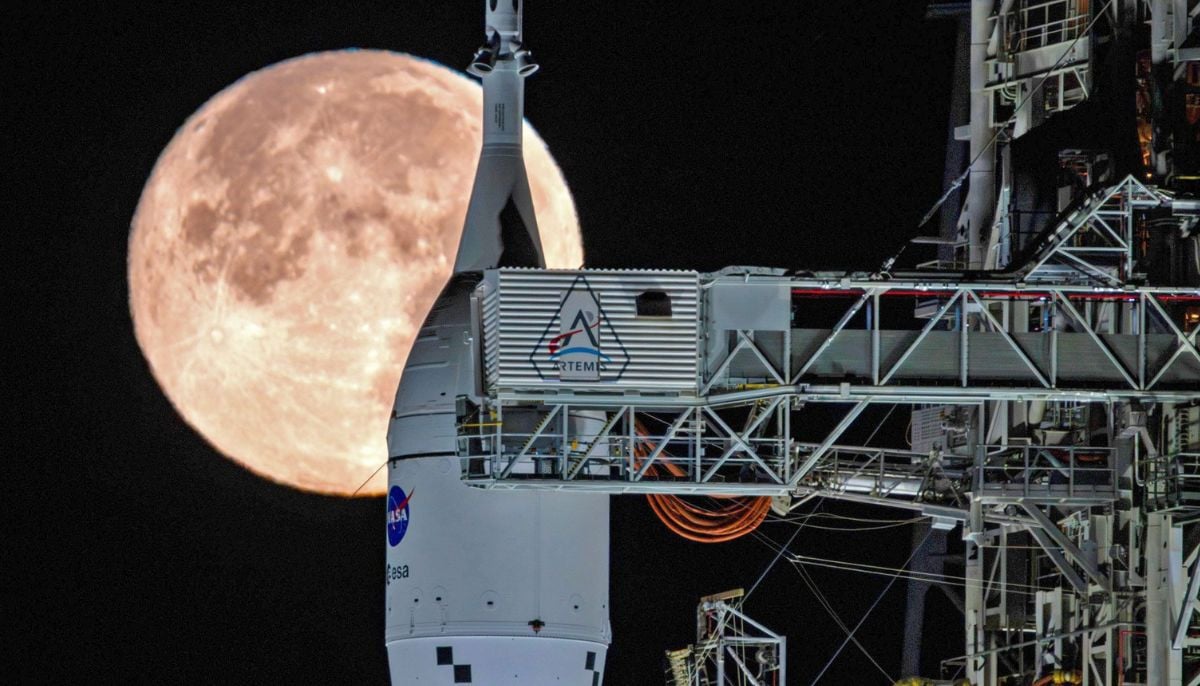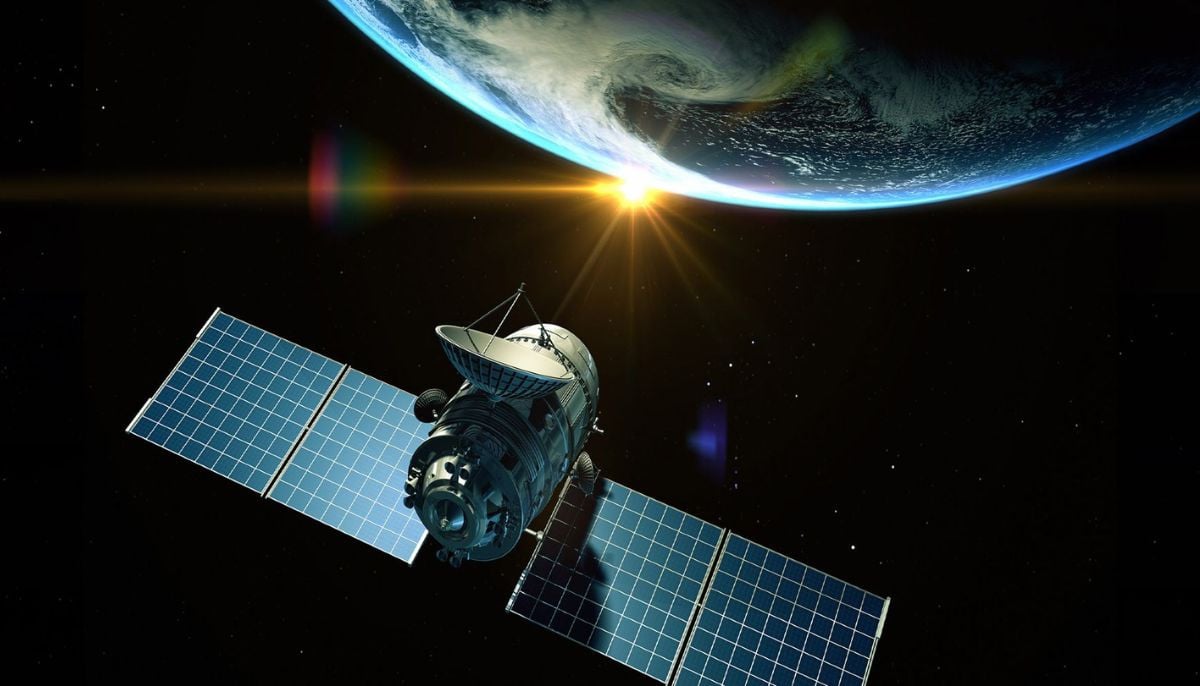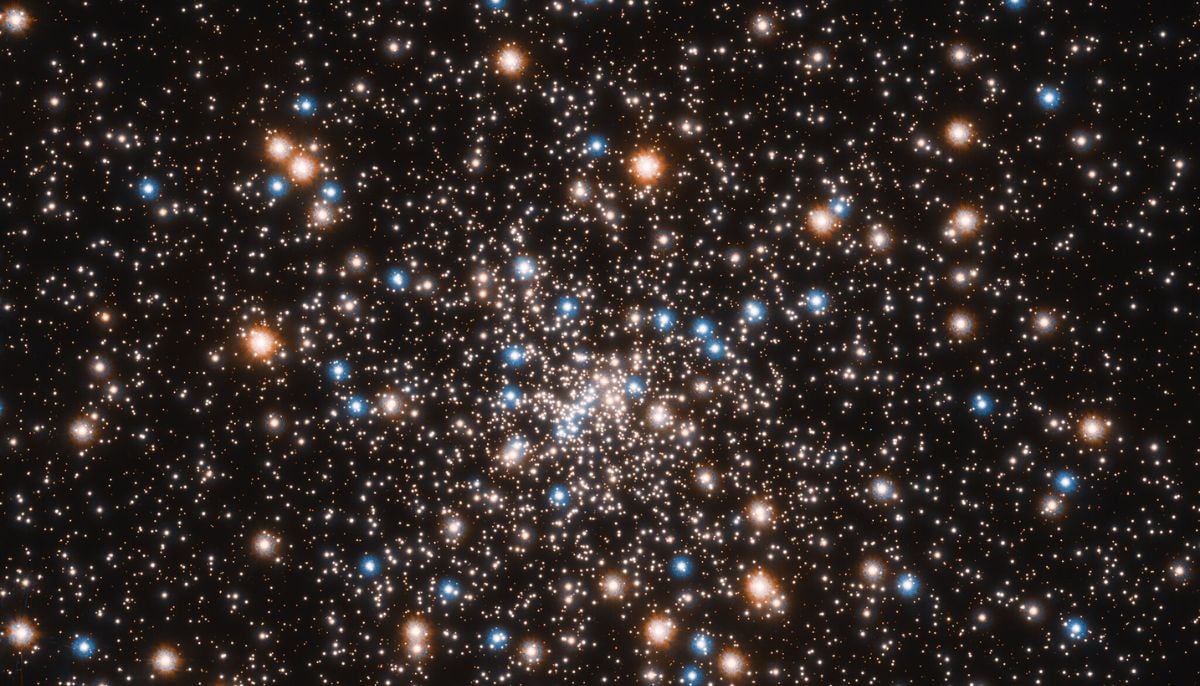'Stars to completely disappear from night skies'
Scientists say that introducing suitable changes to lighting can help reduce light pollution
Scientists warn that, in 20 years time, humans may not be able to see a starry sky at night at all due to increasing light pollution.
British astronomer Martin Rees, while talking with The Guardian, said that light pollution conditions have "rapidly worsened" over the past few years, quite significantly since 2016 when astronomers reported that the Milky Way was no longer visible to a third of humanity.
According to Rees, the increasing use of light-emitting diodes (LED) and other forms of lighting is "brightening the night sky at a dramatic rate".
Rees said: "The night sky is part of our environment and it would be a major deprivation if the next generation never got to see it, just as it would be if they never saw a bird's nest."
He added: "You don't need to be an astronomer to care about this. I am not an ornithologist but if there were no songbirds in my garden, I'd feel impoverished."
In another citing, Christopher Kyba from the German Centre for Geosciences, said: "A child who is born in a place where 250 stars are currently visible in the night sky would be able to see only 100 by the time they reach the age of 18."
He added: "A couple of generations ago, people would have been confronted regularly with this glittering vision of the cosmos — but what was formerly universal is now extremely rare. Only the world's richest people, and some of the poorest, experience that anymore. For everybody else, it's more or less gone."
The German researcher added that altering lighting can significantly improve things by concealing outside lights and directing them downward, lowering light intensity, and making sure that lights are primarily blue-white with some red and orange components.
"Measures like that would have an enormous impact," Mr Kyba said.
According to researchers, sea turtles and migratory birds, which are led by the moon, are confused by light pollution.
They further said that longer evenings serve as a cover for criminal activity and other human dangers.
-
Astronauts face life threatening risk on Boeing Starliner, NASA says
-
Giant tortoise reintroduced to island after almost 200 years
-
Blood Falls in Antarctica? What causes the mysterious red waterfall hidden in ice
-
Scientists uncover surprising link between 2.7 million-year-old climate tipping point & human evolution
-
NASA takes next step towards Moon mission as Artemis II moves to launch pad operations following successful fuel test
-
Spinosaurus mirabilis: New species ready to take center stage at Chicago Children’s Museum in surprising discovery
-
Climate change vs Nature: Is world near a potential ecological tipping point?
-
125-million-year-old dinosaur with never-before-seen spikes stuns scientists in China












